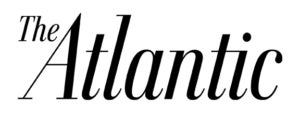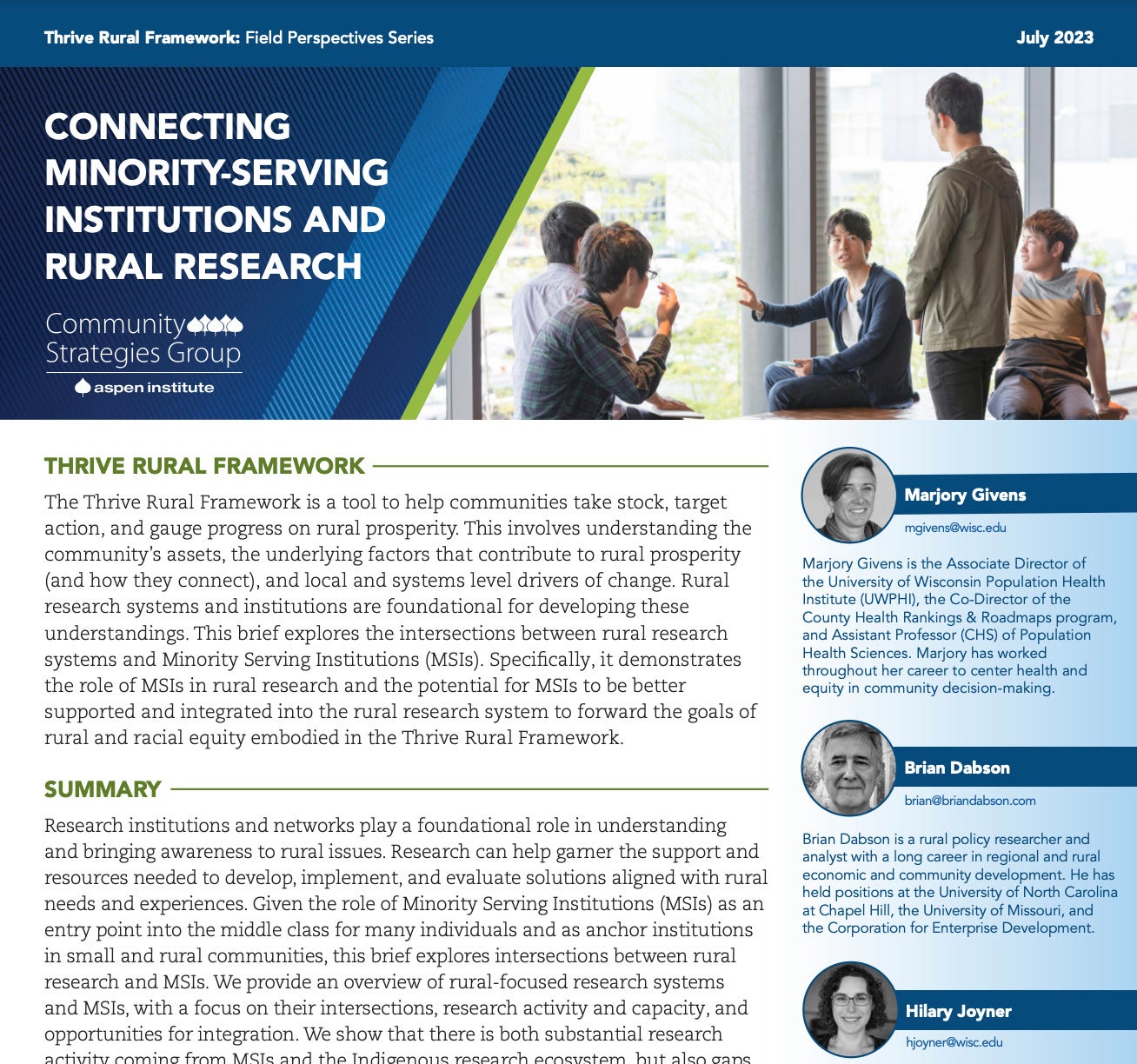Earlier this month, the Washington Post journalist Jeff Guo wrote a detailed account of how he’d managed to maximize the efficiency of his cultural consumption. “I have a habit that horrifies most people,” he wrote. “I watch television and films in fast forward … the time savings are enormous. Four episodes of Unbreakable Kimmy Schmidt fit into an hour. An entire season of Game of Thrones goes down on the bus ride from D.C. to New York.”
Guo’s method, which he admits has ruined his ability to watch TV and movies in real time, encapsulates how technology has allowed many people to accelerate the pace of their daily routines. But is faster always better when it comes to art? In a conversation at the Aspen Ideas Festival, co-sponsored by the Aspen Institute and The Atlantic, Drew Gilpin Faust, the president of Harvard University, and the cultural critic Leon Wieseltier agreed that true study and appreciation of the humanities is rooted in slowness—in the kind of deliberate education that can be accrued over a lifetime. While this can seem almost antithetical at times to the pace of modern life, and as subjects like art, philosophy, and literature face steep declines in enrollment at academic institutions in the U.S., both argued that studying the humanities is vital for the ways in which it teaches us how to be human.
The statistics Faust cited paint a fairly grim portrait of the humanities’ declining prestige. At the end of World War II, 11 percent of students nationwide chose to major in the humanities. In the 1960s, this figure rose to 17 percent, but now it stands at around 6 percent. Students are increasingly drawn to vocational majorsin subjects like business, medicine, science, and education. “What we need to do is recognize the limitations of that mentality,” Wieseltier said. “The purpose of the humanities is not primarily utilitarian, it is not primarily to get a job … The purpose of the humanities is to cultivate the individual, cultivate the citizen.”
Part of the problem, he argued, is a culture that—aided by technology—has come to value speed and conclusive answers over leisurely thought and complex questions. The “instant gratification of Google,” he said, has reduced knowledge “to the status of information, but information is highly inferior. Knowledge requires inquiry, method, and above all, time.” The impulse to voraciously consume as much news (or as many television shows) as possible in a short span of time is fundamentally at odds with deep consideration of questions about the universe, or measured study of culture. Faust cited a Harvard art history professor who assigns her students the task of spending three hours looking at a single work of art in a museum. Initially they’re horrified, she said, but “by hour three they’re seeing all kinds of things that they hadn’t noticed in hour one.”

The irony of the humanities’ declining prestige is that what they teach seems to be urgently needed in a polarized culture. “The humanities are such an important vehicle for widening the world … for teaching empathy for people outside yourself,” Faust said. “In this time of increasing tribalism, this seems like such a critical role.” History teaches students about the context of choices made in the past. Philosophy forces them to think about morality. Theater, literature, and film put students into the mindset of others. In difficult times, people inevitably turn to the humanities to try to understand adversity. “People in trouble don’t turn to regression analysis,” Wieseltier said. “Their souls require the fortification and the wisdom that only humanistic thinking can provide.”
As more and more things become quantifiable, from workouts to Netflix binges to the number of dollars per visitor a museum exhibition costs, both argued that it’s critical for students to realize that not everything can be reduced to a data point. “Many of the deepest experiences in life can’t be numerically measured,” Wieseltier said. “What the humanities teach, what literature and art and music and philosophy and history teach, is that the correct description and analysis of human life is not a scientific affair.” Or as Faust put it, in a quote frequently attributed to Albert Einstein, “Not everything that counts can be counted, and not everything that can be counted counts.”
This article originally appeared at The Atlantic.

